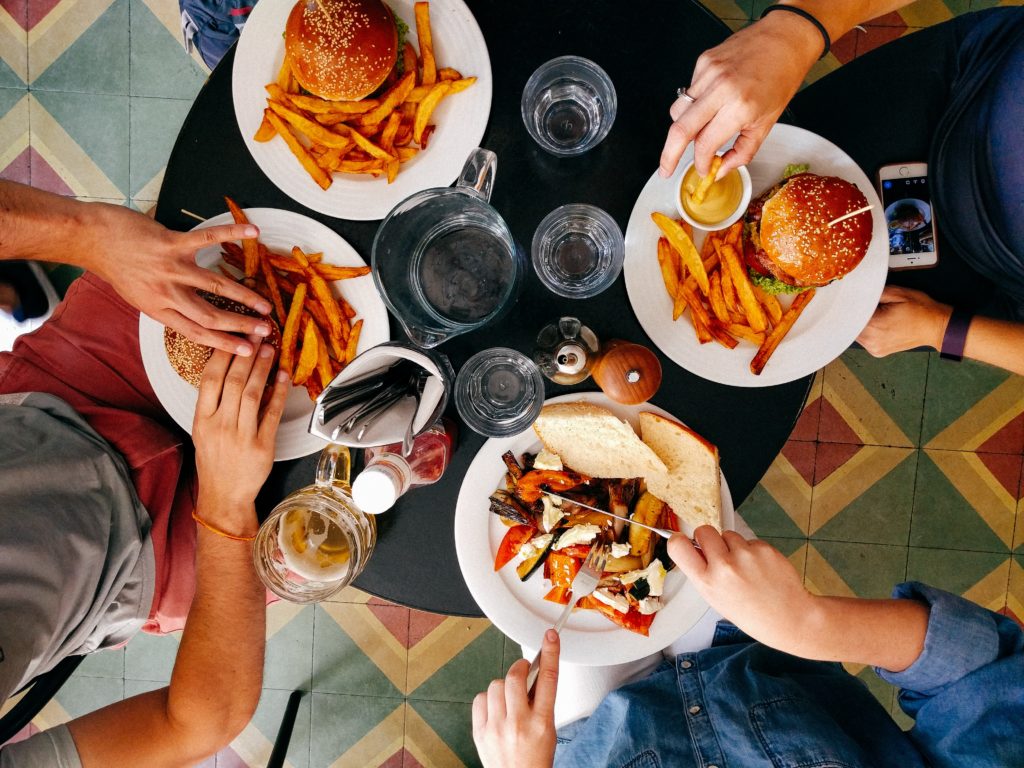Over the last couple of weeks, the news has shifted to focus almost exclusively on COVID-19 – and for good reason. But as we all seek to understand the impact on our personal lives, it remains unclear just how much of an impact the virus will have on the food industry.
As restaurants across the country close up shop to promote social distancing and stop the spread of the coronavirus, trend researchers at Datassential released the results of a new study that gauged consumers’ level of concern about contracting the virus when dining out.
Related: Sales of Guilty Pleasure Foods on the Rise due to COVID-19
With social distancing and self-isolation on the rise, the study found that restaurants are vulnerable to dramatic traffic declines. Nearly 60 percent of consumers are concerned about eating out due to COVID-19, with one in five “definitely” avoiding doing so. If the virus continues to infect more communities at a rapid rate, these figures suggest a considerable reduction in restaurant traffic.
The study also found that home food won the battle of safety perception by a landslide. Consumers overwhelmingly believe food from home to be the safest option during the outbreak. Just 11 percent perceive away-from-home food as safer, posing a major psychological barrier that is certain to challenge restaurants.
People are concerned about contracting the virus from an array of food establishments including arenas, movie theaters, buffets, bars, cafeterias, and anywhere else they could be exposed to large crowds. As a result, many local governments have encouraged such businesses to close temporarily and most have followed suit.
To many, eating out has become a minefield, with 78 percent of respondents believing that touching a door handle will increase their risk of contracting the virus. Other areas of concern include self-serve food (buffets), using public restrooms in restaurants and sharing condiments.
Since concerns over dining out are considerable, it seems the safest bet for consumers is grocery shopping and home cooking.









Join or login to leave a comment
JOIN LOGIN